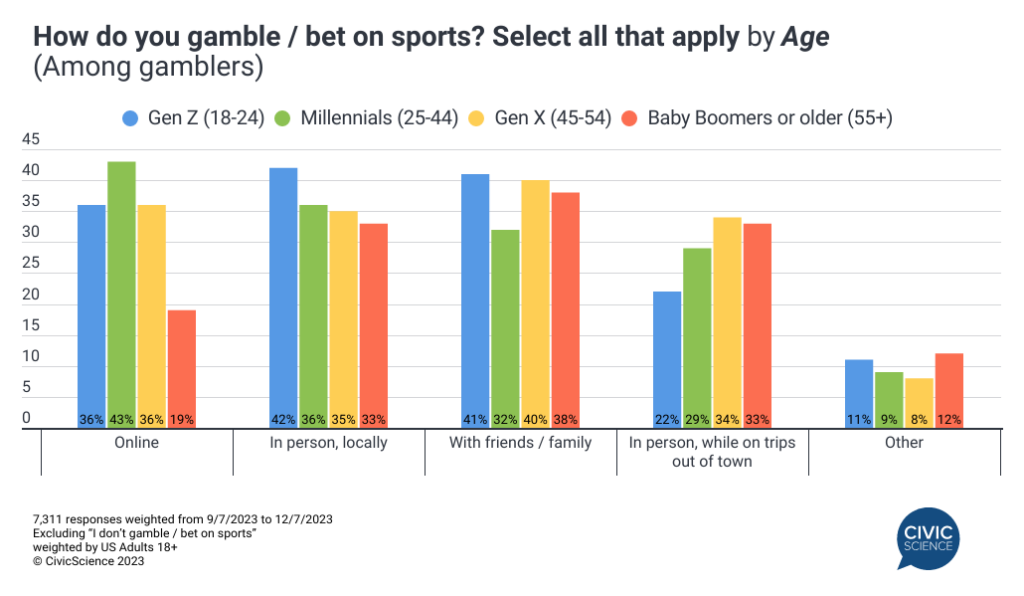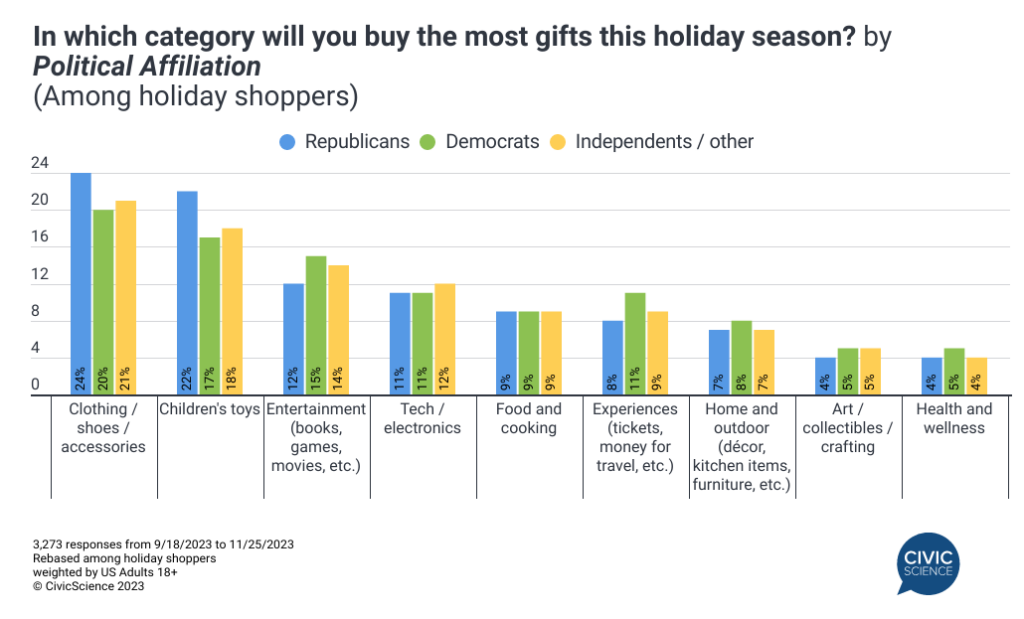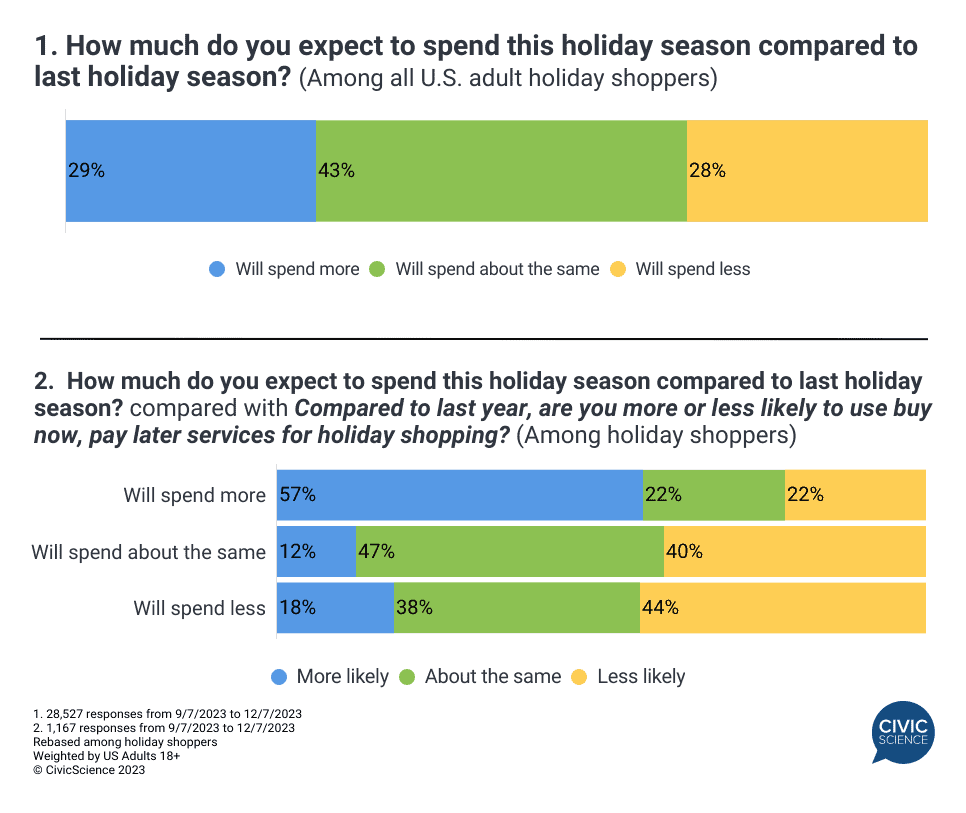CivicScience continually tracks current and anticipated consumer trends. Here are three key insights marketers should know this week. All insights are derived from the CivicScience Social | Political | Economic | Cultural (SPEC) Report, a weekly report available to clients covering the latest news and insights. Get in touch to learn more.
1. More than 1 in 3 Americans say they partake in sports betting, as Millennials lead the way in online wagering.
Experts warn that gambling addiction is becoming a social crisis among young Americans, and advocacy groups have begun calling for a crackdown on the sports betting industry. Since the Supreme Court struck down federal law essentially banning commercial sports betting in 2018, the practice has now been legalized in 38 states and Washington D.C., with online betting allowed in 29. All four major professional sports leagues have lucrative partnerships within the industry. Following this expansion, CivicScience data show about 1-in-3 U.S. adults say they have bet on sports games, rising to 47% among Millennials and 58% among Gen Z adults.
Not everybody is gambling the same way, however. For instance, online betting is especially popular among Millennials. Those aged 25-44 are at least seven percentage points more likely to place their bets online. They’re also less likely than other U.S. adults to participate in gambling as a social activity with friends and family – a method preferred most by Gen Z adults and Gen Xers.

Take Our Poll: Do you personally believe sports betting should be legal or illegal?
2. Americans of different political affiliations diverge on the gifts they plan to buy and hope to receive.
When it comes to gift-buying, Republicans are the most likely to say that the majority of their purchases will be in the traditional gift categories of clothing and children’s toys. Democrats, meanwhile, are more likely to plan on buying entertainment-related gifts (like movies or games) or experience-related gifts (like concert tickets or travel money). Independents, on the other hand, are more likely to target tech and electronics.
Political affiliation also appears to be related to the type of gifts Americans prefer to receive – Democrats are nearly 10 percentage points more likely than Republicans to say they would rather receive an experience-related gift than a physical gift.

Additional data show Democrats are more likely than Republicans to plan to take on debt to buy holiday gifts and to pay for the majority of their holiday purchases via credit card. Republicans lean toward cash or debit cards.
Want to see more in-depth consumer political insights as the 2024 presidential election approaches? The CivicScience 2024 Election Mindset Tracker analyzes and predicts how developments in the 2024 presidential race will affect people, markets, and the economy. Click here to learn more.
3. Those planning to spend ‘more’ this holiday season could drive buy now, pay later usage.
Speaking of holiday shopping, nearly 3-in-10 holiday shoppers plan to spend more this year than last year, and many of them say they are likely to use buy now, pay later programs. Buy now, pay later usage factored heavily into recent major holiday sales like Cyber Monday, and the trend is likely to continue in the final sprint of holiday shopping. CivicScience polling shows that among consumers who expect increased holiday spending this year, 57% are more likely to use buy now, pay later programs than they were last year.

Join the Discussion: Do you think “buy now, pay later” services are generally positive or negative?
Want to see more of the in-depth consumer insights found in this report not covered here? Clients receive the SPEC Report in full, plus access to real-time insights driven by our database of over 500K questions. Start here to see it in action.








